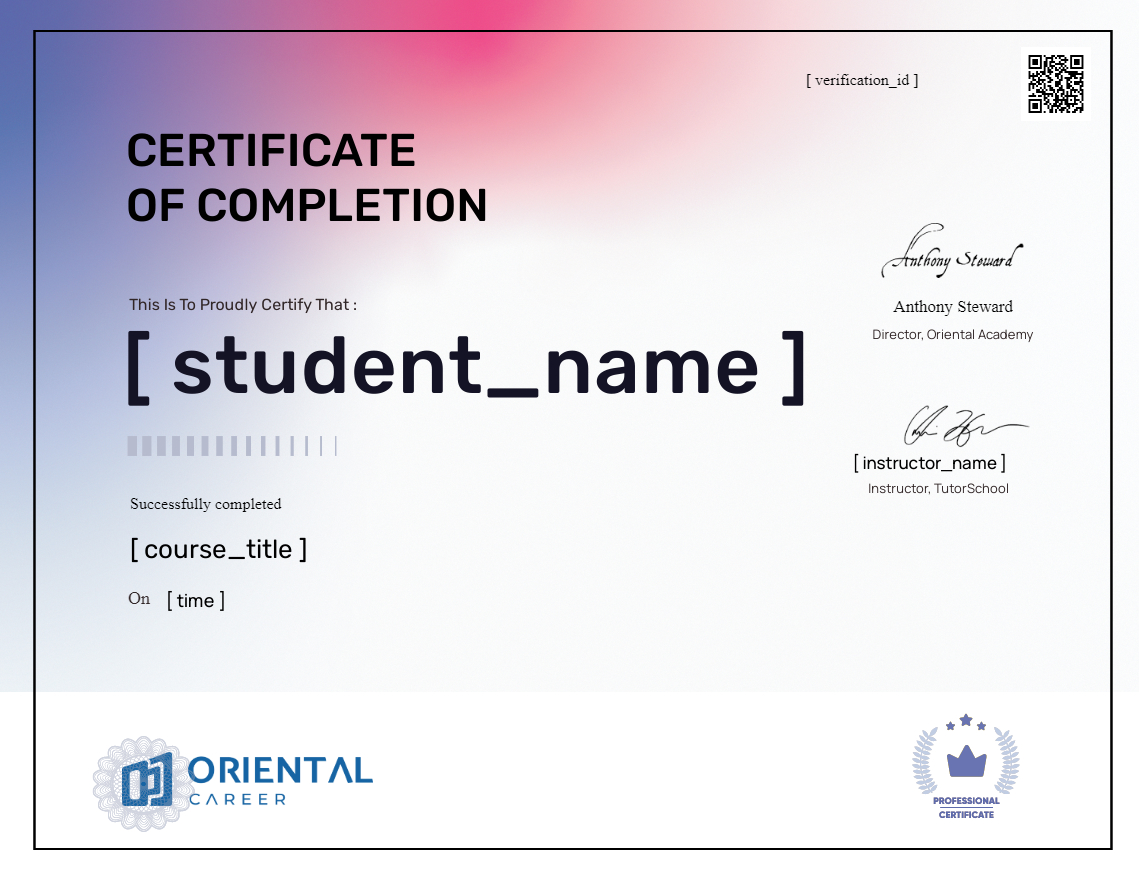Emotional Intelligence: Cultivating Immensely Human Interactions
About Course
This course is a multi-media exploration into important intra- and interpersonal skills required for Emotional Intelligence. Professors Sanchez-Burks and Alexander teach a model that brings together all of the areas that are necessary to improve and take skills in the interpersonal space to the next level. People call these ‘soft skills’ when in fact they are the hardest part of great leadership and the biggest contributor to team success. Through theory, assessments, animated vignettes, and video clips, participants will be able to see themselves and others, as well as analyze their own and others’ behaviors. This is a skill-building course based on published research in multiple fields.
Course Content
Week1: Self Awareness
Using Social Emotional Intelligence to foster Immensely Human Interactions (IHIs)/Intro to faculty (Video)
13:00:00Syllabus – Reading
Pre-Course Survey
The Science & Practice Behind Social Emotional Intelligence – video
10:00A Practical Model of Social Emotional Intelligence – video
09:00The Paradox of Acting “Professional” – video
08:00Exercise #1: How well can you tune-in and tune-out. – video
04:00The Accuracy of First Impressions
Animated Vignette “Trouble with my Team” – video
03:00Introducing Assessment #1 – vodeo
03:00Self-Assessment: How Emotionally Intelligent Are You?
Self-Assessment Debrief – video
08:40The Case for Mindful Engagement
Lesson 1 Quiz
Using Social Emotional Intelligence to foster Immensely Human Interactions (IHIs) – video
03:00Animated Vignette
06:00Thin Slices & First Impressions
Insights from an Executive Guest Speaker: Sam Barnes – video
03:00Animated Vignette
04:00Welcome to the Meeting Debrief
Introducing Core Stories – video
08:00Personal Core Story Instructions
Happy Hour #1
09:00Organizing your course reflections and insights you cannot afford to forget
03:30Weekly Rfelection (1-4)
Week 2: Self Management
Week 3: Social Awareness: What is lost when you rely on the spoken word?
Week 4: Social Acceleration
Earn a Certificate
Add this certificate to your resume to demonstrate your skills & increase your chances of getting noticed.

Student Ratings & Reviews
